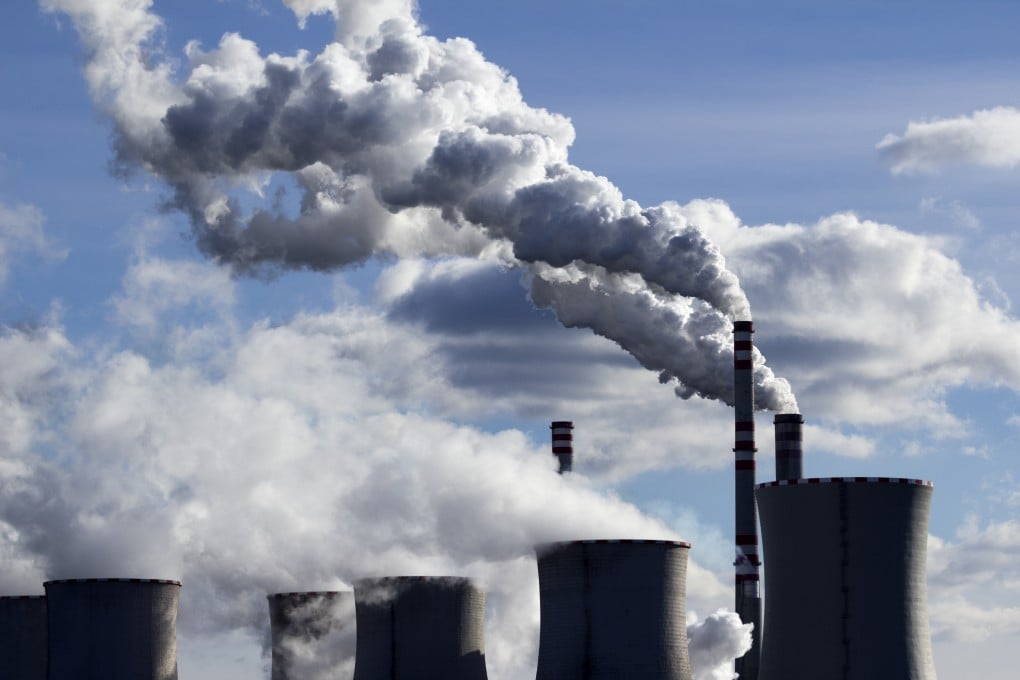Advertisement
Global climate summit: Xi Jinping clears the air on China’s peak coal-power goal
- In speech to Earth Summit, Xi says the country’s coal-fired power stations will be strictly controlled and then curtailed
- Beijing is better to meet the climate promises it has already made rather than set new, more ambitious targets, say experts
Reading Time:4 minutes
Why you can trust SCMP
2

Chinese President Xi Jinping has committed China to hitting peak coal consumption by 2025 and then cutting its reliance on the fossil fuel after that.
“China will strictly control coal-fired power generation projects, and strictly limit the increase in coal consumption over the 14th five-year plan period [which runs until 2025] and phase it down in the 15th five-year plan period,” Xi told the virtual leaders summit on climate on Thursday.
He said China was drawing up a plan and taking strong nationwide action towards reaching peak carbon, adding that Beijing would support qualified localities, key sectors and companies to take the lead.
Advertisement
“[The statement] is a direct consequence of the target to peak CO2 emissions before 2030, so it is providing more clarity rather than increasing the level of ambition,” said Lauri Myllyvirta, lead analyst at the Helsinki-based Centre for Research on Energy and Clean Air (Crea).
In September, Xi pledged that China would reach carbon neutrality by 2060 and its carbon emissions would peak before 2030. He further enhanced China’s ambitions in December by vowing to cut China’s carbon intensity more than 65 per cent from 2005 levels by 2030.
Advertisement
Advertisement
Select Voice
Select Speed
1.00x
